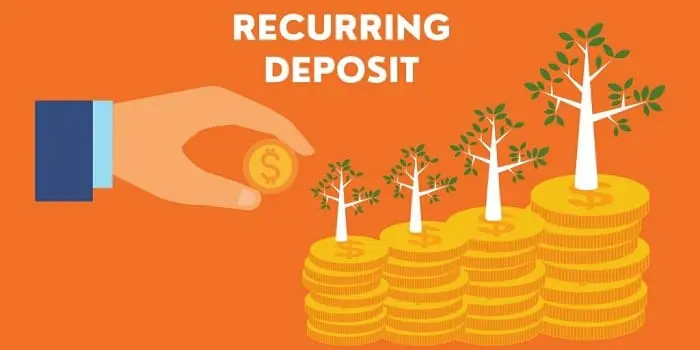In India, a lot of people turn to Systematic Investment Plans (SIPs) to save for major goals like purchasing a bike or funding education. Through a SIP, you invest a small fixed amount in mutual funds every month. But does the day you choose to invest each month really matter? This article explores whether selecting a particular SIP date can make a difference.
What is an SIP Date?
It is the specific day of the month when your chosen amount is automatically deducted from your bank account and you invest in mutual fund through a SIP. For example, if you choose the 5th as your SIP date, ₹1,000 will be invested on the 5th of every month. Many investors often wonder whether selecting a particular date—like the 1st, 10th, or 15th—can impact their investment growth. Let’s explore whether the timing actually makes a difference.

Why People Think SIP Dates are Important
Below are the reasons why SIP dates are crucial for investment:
1. Matching Salary Dates
Many parents in India get their salary at the start of the month, like the 1st or 5th. They think choosing an SIP date right after their salary is best because they have money in their bank account. This makes it easier to save before spending on other things. Moreover, it feels like a smart way to plan their budget.
2. Trying to Buy at Low Prices
Some people believe that picking a certain date, like the middle or end of the month, might let them buy mutual fund units when prices are lower. They think the stock market might be cheaper on specific days. For instance, if the market dips on the 20th, investing on that day could be a good deal. Furthermore, this idea makes people try to time their SIPs.
3. Spreading Out Investments
If a family has more than one SIP, they might choose different dates, like the 5th for one and the 25th for another. This spreads out their investments over the month. They think it helps them buy at different prices, which could be better for growth. To plan their investments more effectively, they can use an SIP calculator to determine the monthly amount they need to invest and estimate the returns over time.
Does the SIP Date Really Matter?
1. Market Prices are Hard to Predict
The stock market in India, like the Sensex or Nifty, goes up and down every day. No one can guess exactly when prices will be low. Whether you invest on the 1st, 10th, or 20th, the price of mutual fund units changes randomly. Therefore, trying to pick a “perfect” date to buy at a low price doesn’t work in the long run.
2. SIPs Average Out Costs
SIPs are designed to help you save regularly over many years. When you invest every month, sometimes you buy when prices are high, and sometimes when they’re low. This is called cost averaging, and it balances things out. For example, if you invest ₹1,000 monthly for 10 years, the date you choose won’t make a big difference because the average price evens out. On top of that, this makes SIPs a worry-free way to invest.
3. Long-Term Growth Matters More
The most important thing for SIPs is how long you invest, not the date you pick. If you start an SIP for ₹2,000 a month when you’re 10 years old, it can grow a lot by the time you’re 20, no matter if it’s the 5th or the 15th. Also, staying consistent with your SIPs is more important than chasing the “best” date.
Tips for Choosing an SIP Date
While the date doesn’t affect growth much, parents should pick a date that works for them.
- First, choose a day soon after their salary, like the 3rd or 7th, so they have money in the bank.
- Second, make sure the date is easy to remember, so they don’t miss payments.
- Finally, if they have multiple SIPs, spreading dates can help manage cash flow, but it’s not necessary.
Conclusion
Choosing an SIP date might seem like a big decision, but it doesn’t make a huge difference to how much money you earn. The stock market is unpredictable, and SIPs work by averaging costs over time. What’s more, staying invested for many years is what really helps your money grow. Parents should pick a date that fits their budget and stick to it. By focusing on regular saving instead of the perfect date, they can build a bright future for their goals without worrying about when to invest.














